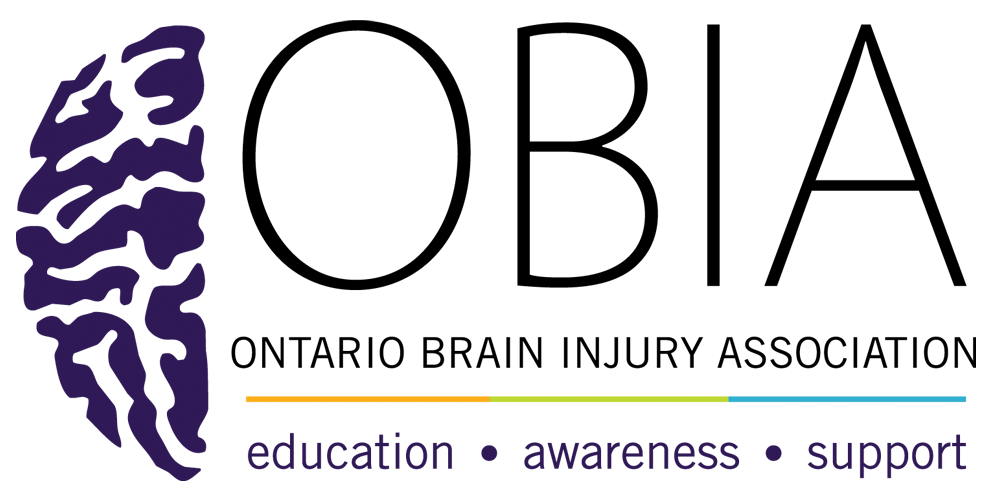Quick Facts
- It is common for people with a brain injury to have a slower processing speed and understanding information
- New learning refers to the ability to effectively process new cognitive tasks
What does it
look like?
- Struggle with new learning despite a prior history of ability
- Take longer to grasp what others are saying
- Take longer to answer questions
- Have trouble reading and understanding written information
- Have trouble following directions, TV shows, and movies
- Take longer to react and respond, which can impact activities like driving
Possible Causes and Complications
Possible causes:
- Damage to the frontal lobe or other parts of the brain
- Fatigue/sleep issues
- Overstimulation
Possible complications:
- May have trouble in group activities or conversations (i.e. unable to keep up)
- Reduced independence (i.e. loss of driver’s license or inability to read)
- Difficulty at work or school learning new tasks or information
What can we do?
- Slow down and simplify information (ask others to do so as well)
- Never assume that new learning has been retained
- Teach new skills in the place and context where they will be used
- Break complex tasks down into smaller steps
- Reduce distractions and avoid environments that are overstimulating
- Allow more time to think about the information, respond to questions, and to practice the information being learned
- Encourage the individual to:
- Ask others to repeat themselves
- Re-read information and take notes
- Place as much attention as possible on the task or information
Disclaimer: This information is not meant to replace advice from a medical doctor. Consult a health care provider regarding specific medical concerns or treatment.

